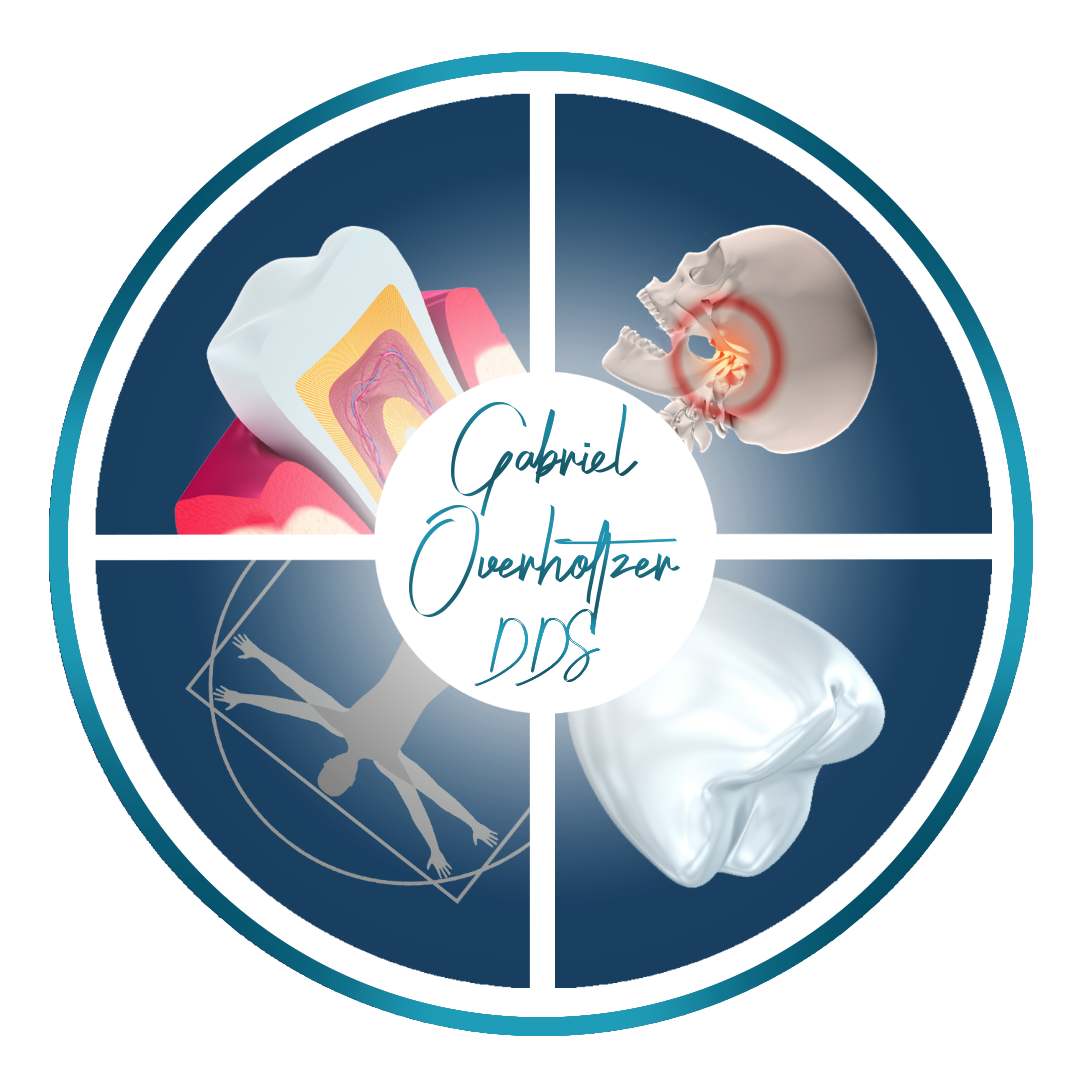Losing a tooth can be a disconcerting experience, but it’s essential to recognize that missing teeth are a common dental issue that many individuals face. Understanding the underlying causes of missing teeth is crucial for maintaining good oral health and seeking appropriate treatment when necessary. In this article, we will explore the primary reasons why people may lose their teeth.
Tooth Decay and Cavities
Tooth decay, also known as dental caries, is a leading cause of missing teeth. When plaque—a sticky film of bacteria—accumulates on the teeth, it can produce acids that erode the tooth enamel. Over time, untreated tooth decay can progress to cavities, which are small holes or openings in the teeth. If cavities are left untreated, they can become more extensive, weaken the tooth structure, and eventually lead to tooth loss.
Gum Disease (Periodontal Disease)
Gum disease, or periodontal disease, is another prevalent cause of missing teeth. This condition involves the inflammation and infection of the gums and supporting structures of the teeth. As gum disease advances, it can lead to the destruction of the bone that holds teeth in place. Without adequate bone support, teeth can become loose and eventually fall out or require extraction.
Trauma and Accidents
Accidents, sports injuries, and other forms of trauma to the mouth can result in the loss of one or more teeth. The force of impact can cause teeth to fracture, become dislodged, or be knocked out entirely. In such cases, immediate dental intervention is essential to assess the damage and determine the best course of action, which may include restorative treatments or tooth replacement options.
Poor Oral Hygiene and Neglect
Neglecting proper oral hygiene practices can lead to the accumulation of plaque, tartar, and bacteria on the teeth and gums. Over time, this buildup can result in severe dental issues such as cavities, gum disease, and tooth loss. Maintaining good oral hygiene through regular brushing, flossing, and dental check-ups is vital for preventing these problems.
Medical Conditions and Systemic Health Issues
Certain medical conditions and systemic health issues can contribute to tooth loss. For example, individuals with diabetes may be at a higher risk of developing gum disease, which can lead to tooth loss if not managed effectively. Additionally, some medications and treatments for chronic health conditions can have adverse effects on oral health, increasing the likelihood of missing teeth.
Genetic Factors and Tooth Development
Genetic factors can influence tooth development and structure, making some individuals more susceptible to missing teeth due to congenital conditions or abnormalities. These genetic factors can result in the absence of permanent teeth, overcrowding, or misalignment, necessitating orthodontic treatment or restorative procedures.
Conclusion
Understanding the causes of missing teeth is essential for maintaining good oral health and seeking timely dental care when needed. Tooth decay, gum disease, trauma, poor oral hygiene, medical conditions, and genetic factors can all contribute to tooth loss. Regular dental check-ups, proper oral hygiene practices, and prompt treatment of dental issues are key to preserving your natural teeth and preventing tooth loss. If you experience tooth loss in Bishop, consult with a dentist at Skyline Family Dental – Gabriel Overholtzer DDS to explore appropriate missing teeth treatment 93514 options and regain your smile’s functionality and aesthetics.
